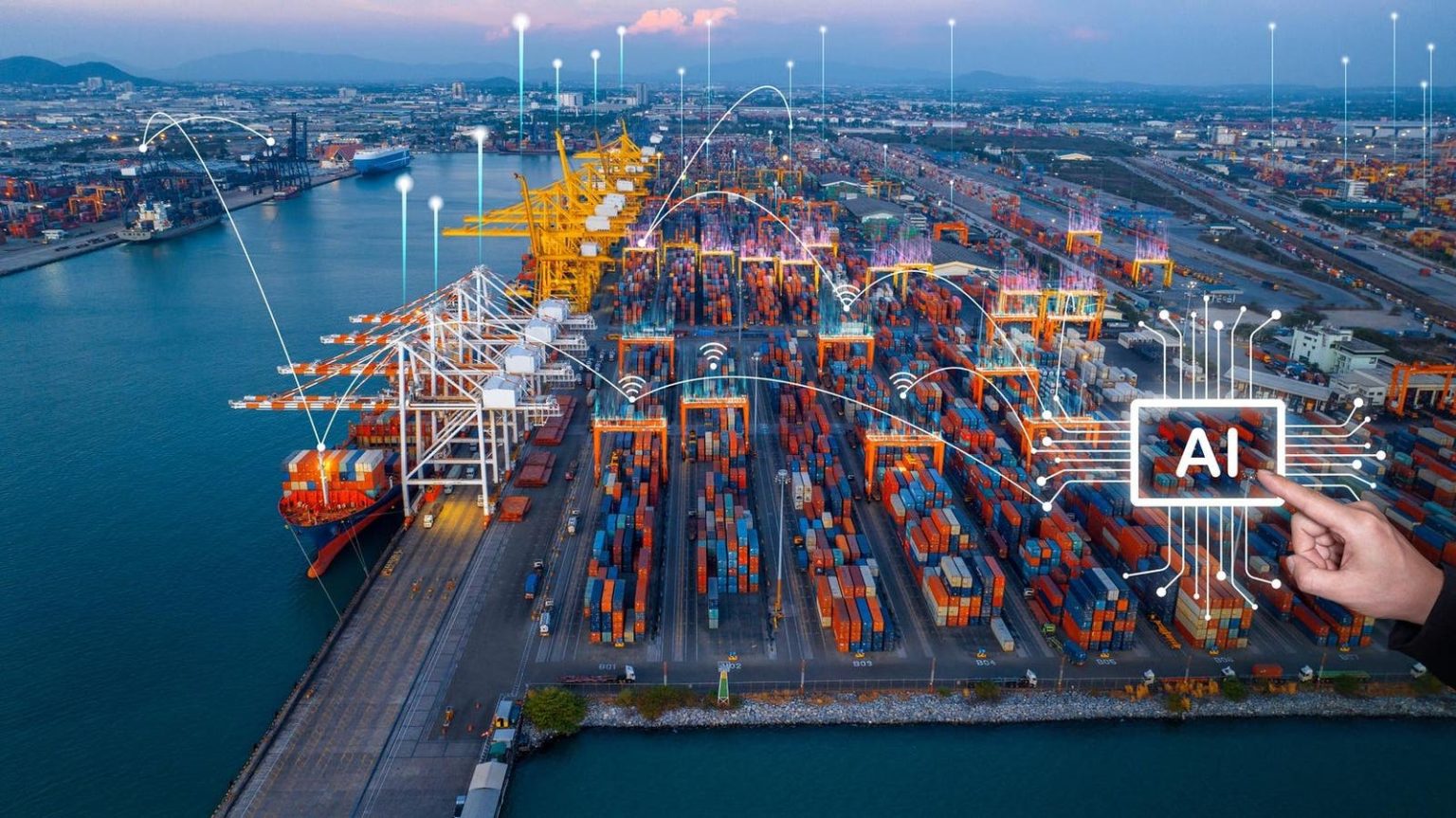Specialty Materials are ubiquitous in our daily lives, from the paint on our walls to the adhesives on our floor tiles. Sourcing, producing, and transporting these materials is a complex process that requires collaboration and innovation. At a recent industry conference, Justin Lanyon, Global Supply Chain Director at Arkema, discussed the importance of building reliable chemical supply chains through partnerships.
One example of successful collaboration between Arkema and a logistics provider resulted in a 55% reduction in carbon emissions and a 20-30% cost reduction in North America. By utilizing intermodal transport, the logistics provider was able to propose a more sustainable solution that utilized rail for 80% of the distances and trucks for the rest. This demonstrates the power of partnerships in finding more sustainable ways of doing things.
Arkema is dedicated to decarbonizing across the value chain by replacing fossil feedstocks with bio-based or recycled feedstocks. The company’s holistic approach aims to produce safer products, enable lower energy intensity technologies, and manage end-of-life concerns. Innovative solutions such as cool roofing and more durable insulation in construction are part of Arkema’s strategy to create affordable housing with low environmental impact.
Lanyon emphasizes the importance of finding the right business models to efficiently meet customer needs. This requires new tools, databases, and a diverse team that can think differently and find new ways of doing things. By taking a multifactorial approach that optimizes product manufacturing and shipment, Arkema aims to deliver products with the lowest possible carbon footprint while integrating scope 1, 2, and 3 emissions calculations.
In terms of forecasting, Lanyon believes that the advent of generative AI will revolutionize the supply chain industry. AI technology can improve the accuracy and efficiency of forecasting, leading to better decision-making and an improved customer experience. Lanyon envisions a future where AI will be used to choose the right model based on macroeconomic factors and identify abnormal demand patterns, ultimately changing the way supply chains operate.
As the industry continues to evolve, collaboration, innovation, and sustainability will be key drivers of success. Arkema’s commitment to producing high-performance, sustainable materials underscores the importance of finding innovative solutions to reduce carbon emissions and create a more sustainable future. By embracing new technologies and working together with partners, companies like Arkema can lead the way towards a more sustainable supply chain.













